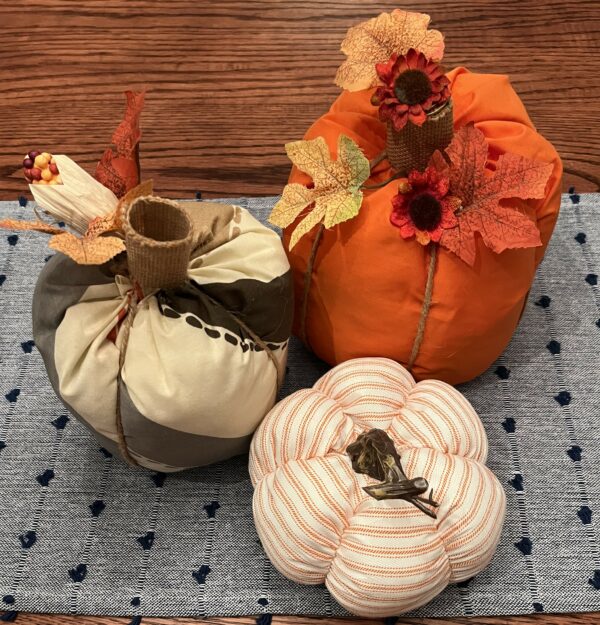A Hymn for Thanksgiving Day
Happy Thanksgiving!

Henry Alford was from a Somersetshire, England, family which had included ministers for four generations. The first was Henry’s great-great-grandfather. Henry was an only child whose mother died in childbirth. He spent his early childhood in the home of his maternal grandfather, but then returned to his father when he was three or four years old. His father was his first teacher and they spent a great deal of time together. Henry was a precocious child. By the time he was six years old he had written a small book he called The Travels of St. Paul. At seven, he wrote a small collection of odes in Latin. When he was nine, he wrote a History of the Jews. When he was ten, he wrote a series of sermons he titled Looking Unto Jesus.
Henry was not only literary. He also enjoyed working with his hands. Among his creations was a walking stick in which he hid money in the top portion and drawing materials in the lower portion.
At age 17, Henry Alford entered Cambridge. In 1832 he began to teach. When he was 26 years old, he married his cousin Fanny Alford. Between the time of their engagement and their marriage, Henry handwrote a 60-page elementary Greek grammar for her so that she could also read the New Testament in Greek. He became a vicar around the same time that he was married.
Alford was a very hard worker. In 1847 he was thrown from his horse on the way to deliver a lecture. Though his face and head were covered with bandages, he delivered the lecture. As he had as a child, Alford continued writing, publishing books of poetry not only in England but also in America. However, his most important literary work was an edition of the Greek New Testament with accompanying commentary. He spent 20 years on this four-volume project. In addition to his literary publications, Alford also published a book on the Riviera which included lithographs of his watercolor illustrations.
Besides his scholarly, artistic, and poetical works, Alford might be seen playing games with his children, working on his hall clock, tuning his piano, or carving his own design on the family organ, which he could also play.
Henry Alford died in 1871 at the age of 61 and was buried near Canterbury Cathedral where he then was serving as dean. Among his many accomplishments is his 1844 hymn which has become popular at Thanksgiving, “Come, Ye Thankful People, Come.”
Come, ye thankful people, come,
Raise the song of harvest home;
All is safely gathered in,
Ere the winter storms begin.
God our Maker doth provide
For our wants to be supplied;
Come to God’s own temple, come,
Raise the song of harvest home.
All the world is God’s own field,
Fruit as praise to God we yield;
Wheat and tares together sown
Are to joy or sorrow grown;
First the blade and then the ear,
Then the full corn shall appear;
Lord of harvest, grant that we
Wholesome grain and pure may be.
For the Lord our God shall come,
And shall take the harvest home;
From the field shall in that day
All offenses purge away,
Giving angels charge at last
In the fire the tares to cast;
But the fruitful ears to store
In the garner evermore.
Even so, Lord, quickly come,
Bring Thy final harvest home;
Gather Thou Thy people in,
Free from sorrow, free from sin,
There, forever purified,
In Thy presence to abide;
Come, with all Thine angels, come,
Raise the glorious harvest home.
And again, Happy Thanksgiving!
And God is able to make all grace abound to you,
so that always having all sufficiency in everything,
you may have an abundance for every good deed;
as it is written,
“He scattered abroad, He gave to the poor,
His righteousness endures forever.”
Now He who supplies seed to the sower and bread for food
will supply and multiply your seed for sowing
and increase the harvest of your righteousness;
you will be enriched in everything for all liberality,
which through us is producing thanksgiving to God.
2 Corinthians 9:8-11

